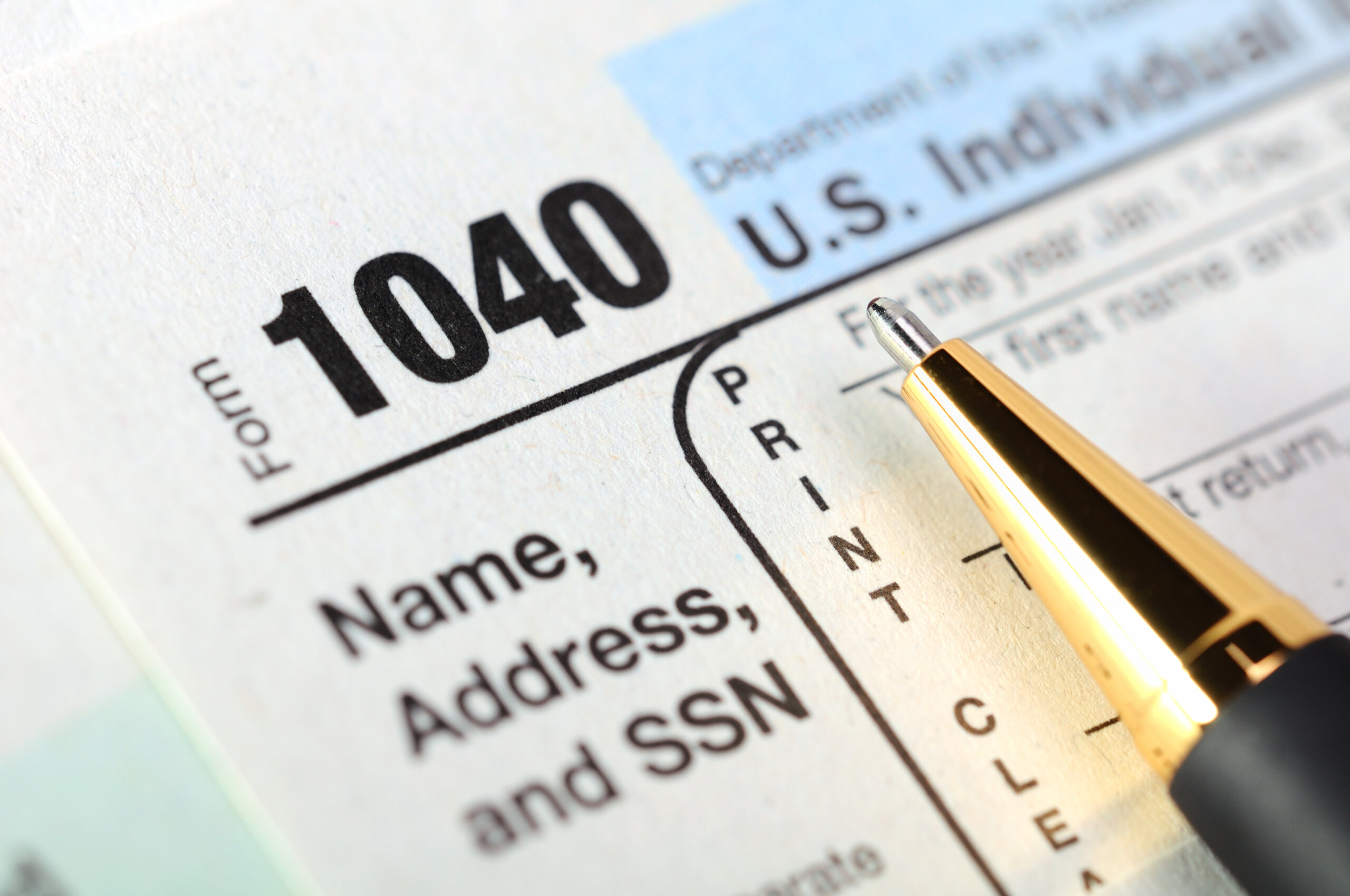New IRS Tax Tip on Digital Assets Explains Reporting Requirements

The IRS has reminded taxpayers that they must check a box on their 2022 Form 1040 indicating whether they received digital assets or if they disposed of any digital asset held as a capital asset through a sale, exchange or transfer during the year. A yes or no question to this effect appears on the front of the form after the taxpayer’s name and address. All taxpayers must answer this question regardless of whether they engaged in any transactions involving digital assets. The question appears as:

This prominent display of the question shows that the IRS is serious about curbing nonreporting of taxable transactions involving digital assets, including such items as non-fungible tokens (NFTs) and virtual currencies, such as cryptocurrencies and stablecoins (The IRS formerly referred to these assets as “virtual currencies.”).
Transactions To Be Reported
Transactions that must be reported as a “Yes” on the return include:
- A sale of digital assets.
- The receipt of digital assets as payment for goods or services.
- The receipt or transfer of digital assets for free that do not qualify as a bona fide gift.
- The receipt of new digital assets as a result of mining and staking activities.
- The receipt of new digital assets as a result of a hard fork, where a cryptocurrency’s blockchain is split into two.
- An exchange of digital assets for property, goods or services.
- An exchange or trade of digital assets for other digital assets.
- Any other disposition of a financial interest in digital assets.
Transactions That Get a ‘No’
The IRS also has listed digital asset transactions that do not need to be reported:
- Holding a digital asset in a wallet or account.
- Transferring a digital asset from one wallet or account you own or control to another wallet or account that you own or control.
- Purchasing digital assets using US or other real currency, including through the use of electronic platforms such as PayPal and Venmo.
Reporting Digital Asset Transactions
If the “Yes” box is checked, taxpayers must report income related to their digital asset transactions. That income can be considered capital gains, wage or compensation income or other business income.
If the digital asset was held as a capital asset and disposed of through a sale, trade, exchange, payment, gift or other transfer, the taxpayer will use Form 8949 to calculate capital gain or loss and report that gain or loss on Schedule D or on Form 709 in the case of gifts.
If receipt of the digital asset is compensation for services or is akin to the disposition of inventory, where the asset is held for sale to customers in the ordinary course of business, the income would be reported as W-2 wages on Form 1040 or as inventory or services on Schedule C.
Conclusion
The IRS has made digital asset reporting a compliance priority. Not answering this question correctly can have negative consequences and lead to the imposition of interest and penalties, especially in light of the fact that the IRS has other ways to find out about digital transactions, such as 1099s. It is important to understand the revised reporting requirements; consult your Frazier & Deeter tax expert to plan your digital asset transactions and to ensure you are compliant with reporting.
Explore related insights
-
Medicare’s 2026 Physician Fee Schedule: What Changed and What to Do Next
Read more: Medicare’s 2026 Physician Fee Schedule: What Changed and What to Do Next
-
New USPS Postmarking Rules Could Affect Tax Deadlines This Season
Read more: New USPS Postmarking Rules Could Affect Tax Deadlines This Season






